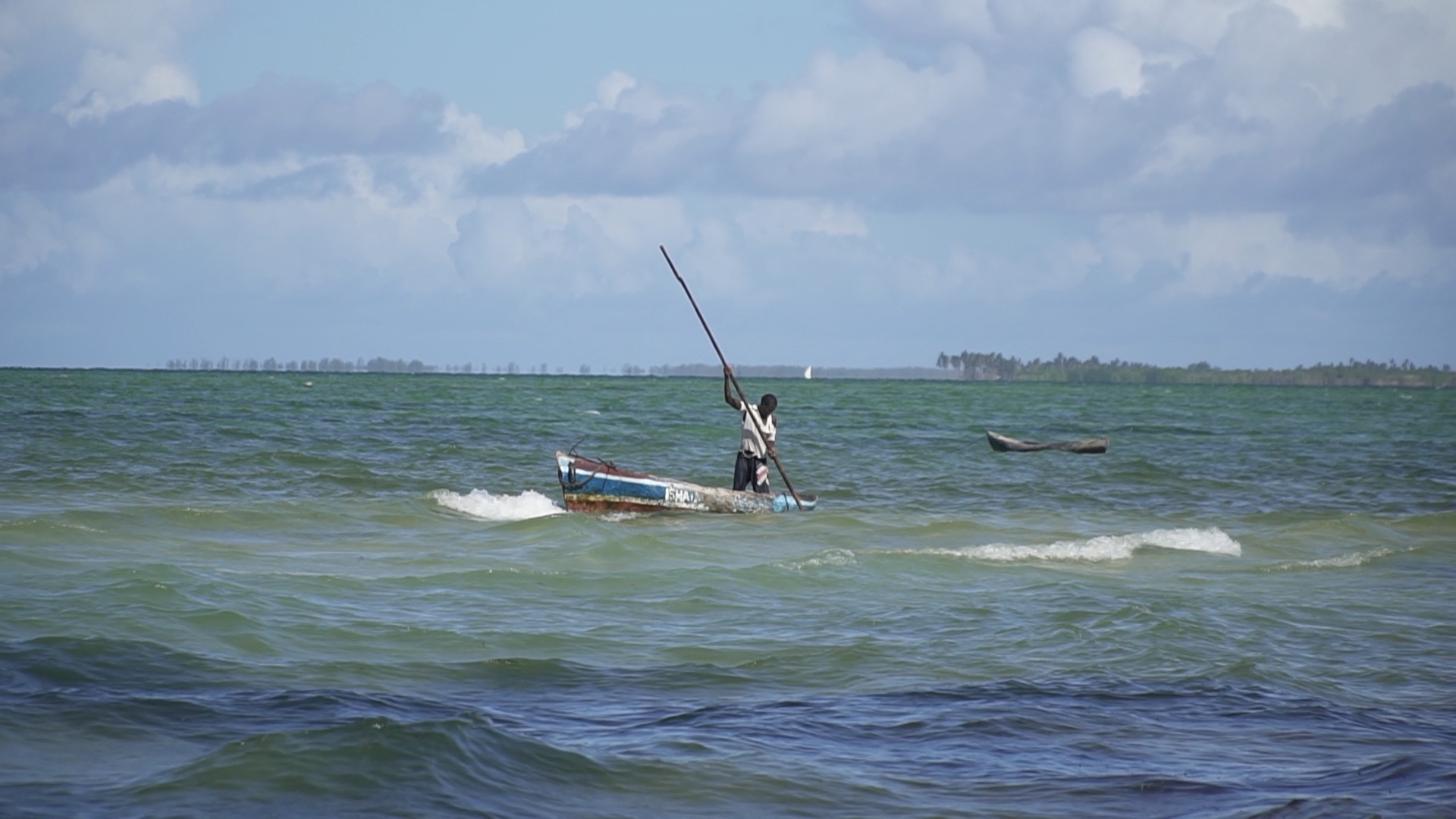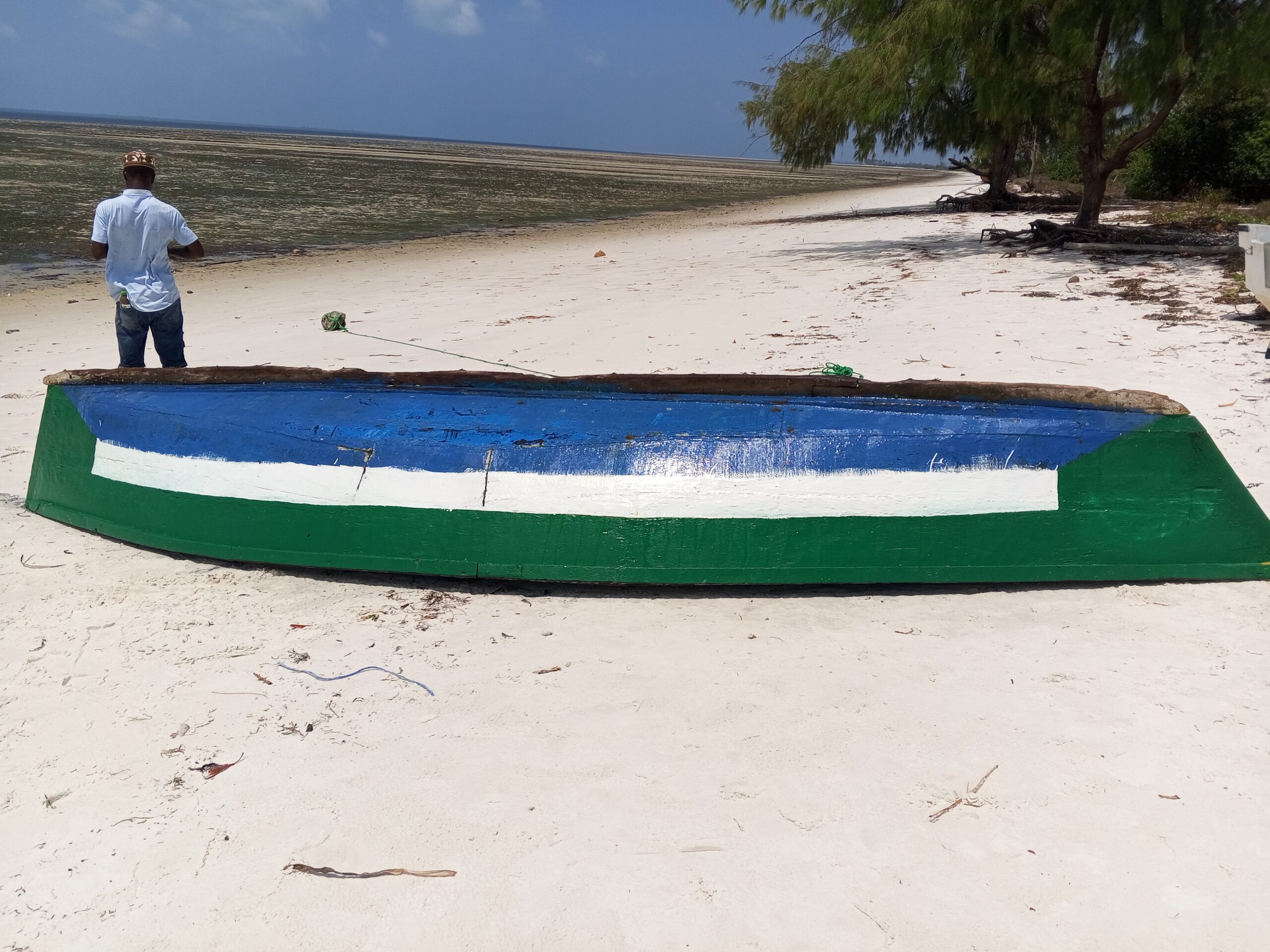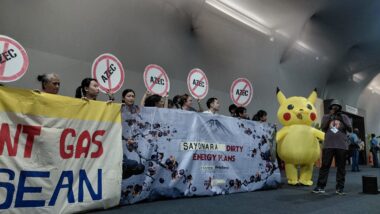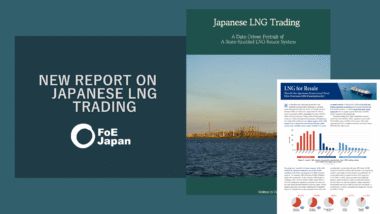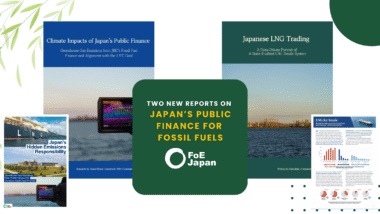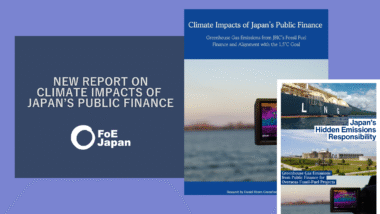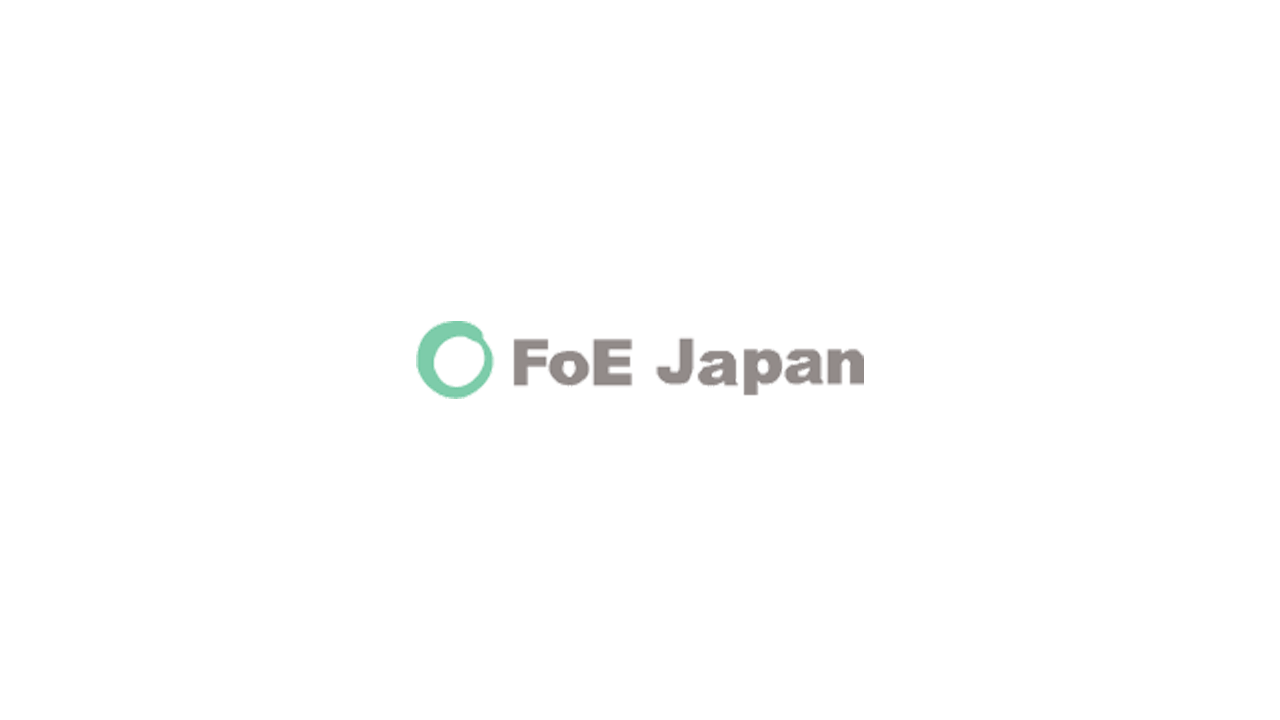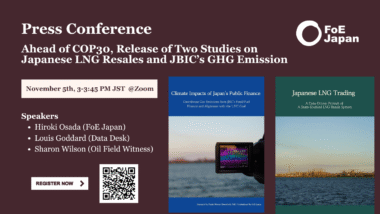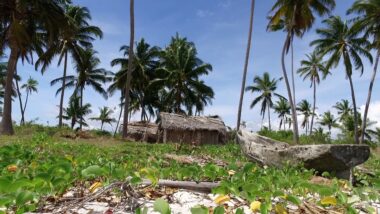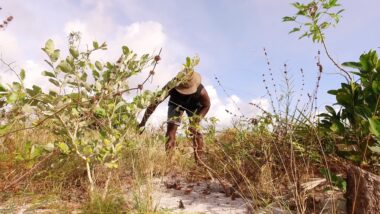MozambiqueLNG
In Cabo Delgado province, northern Mozambique, massive LNG projects have been planned since the discovery of offshore gas reserves in 2010. One is operational, and another, Mozambique LNG project, is in construction. Communities were forced to move when their land rights were allocated to the project, and are severely affected by bad resettlement conditions, loss of livelihoods in agriculture and fisheries, and the destruction of the ecosystem which they depend on for wild foods, medicines and building materials. Furthermore, sociological, economic, and political grievances have not been addressed regionally or nationally, and the widespread structural poverty has worsened. Insurgency has developed in the region, becoming violent in 2017, associated with severe violations of human rights inflicted on civilians by both the insurgents and the military. Alongside this, the Mozambican government suffers from a huge, increasing debt.
Japanese public institutions (JBIC, JOGMEC, NEXI), ECAs from other countries, and commercial banks invest in this gas project. Japanese companies will purchase some of the gas and consume it in Japan.
Due to a massive insurgent attack near the project site in 2021 the project company declared “force majeure” and the development has been halted until today. This gas project carries enormous risk, and before a decision is taken for it to officially resume, it is critical to ask whether it is ethical and financially rational to continue its development.
With all these problems, is it worth continuing with this gas project?
